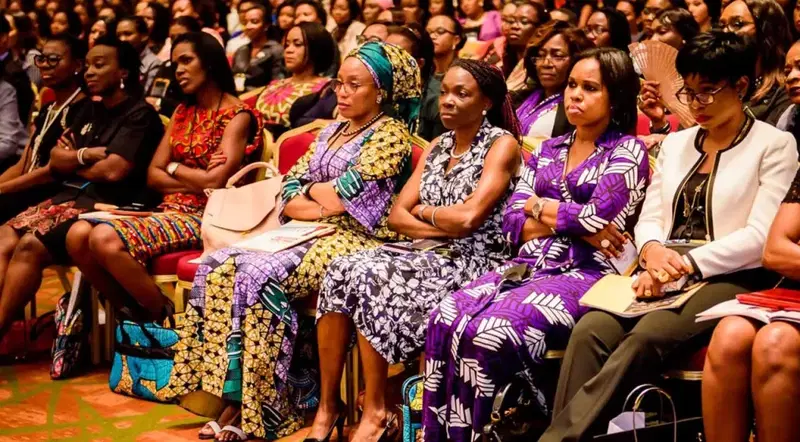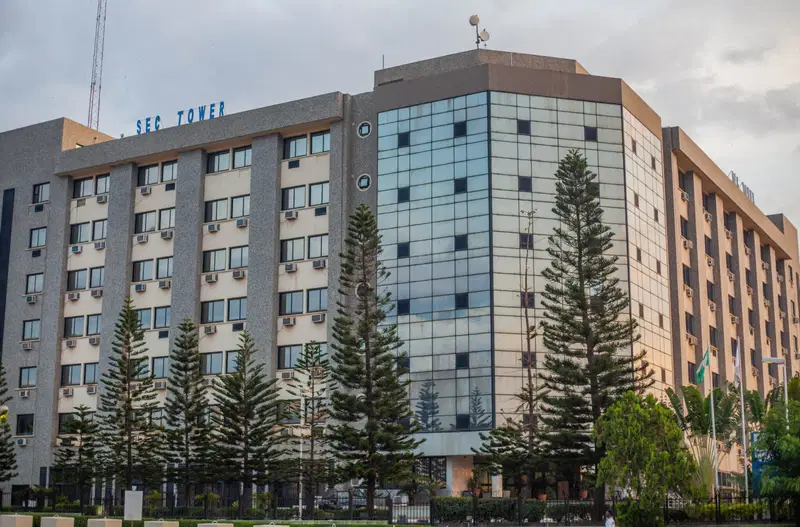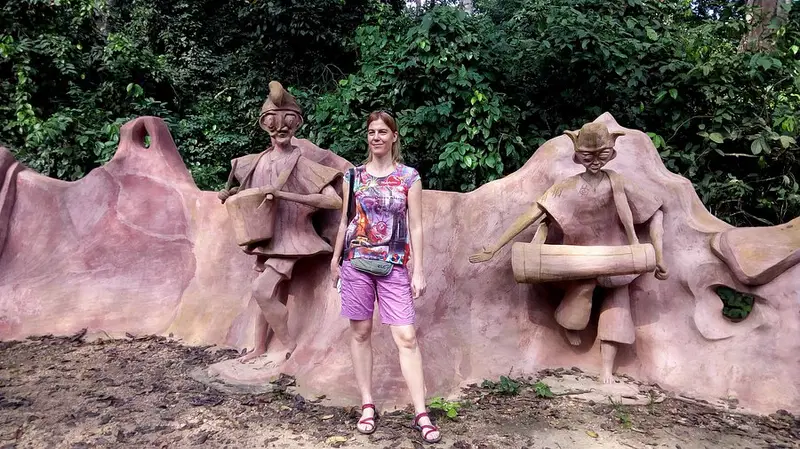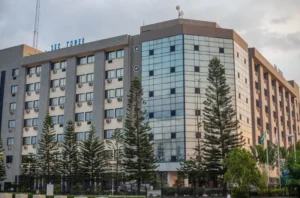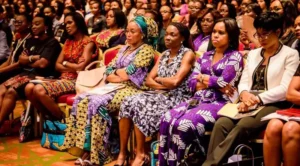- Declining Women Representation: Zero women representation in Abia State House of Assembly, down from 5 out of 24 seats between 2011-2015.
- Factors Contributing to Decline:
- Stigmatization
- Aggression by men
- Lack of financial resources
- Cultural practices
- Absence of supportive state policies
- Recommendations:
- Implement 35% women affirmative action
- Enact laws to boost women’s participation in politics
- Increase support for women in politics
- Call to Action: Women urged to shun timidity, resist intimidation, and support fellow women in politics.
A Non-Governmental Organization, Proactive Gender Initiatives (PGI), with support from Heinrich Boll Stiftung, has expressed concern over the declining participation and representation of women in Abia State politics. According to their research, Abia State had the highest number of female legislators in Nigeria between 2011 and 2015, with women occupying 5 out of 24 seats. However, the current situation has deteriorated, with zero women representation in the State House of Assembly.
The research revealed that many factors are responsible for the decline in political participation among women. These include stigmatization against women, aggression by men, lack of financial resources, cultural practices, negative orientation, absence of state policies supporting women in politics, traditional inhibitions, lack of mentors, and sexual abuse against women.
The Programmes Manager of Heinrich Boll Stiftung, Abuja, Ere Amachree, stated that the research aimed to assess women’s political participation and representation and determine the impact of women’s participation and non-participation in Abia state politics. She emphasized the need for key decision-makers to pay attention to the dwindling political fortunes of women in the state and country.
The Director of Programs for PGI, Barr. Orji Stephen, presented the research findings and recommended the implementation of the 35% women affirmative action to encourage women to participate more in politics. A Commissioner in the Abia State Independent Electoral Commission, Mrs. Bertha Ehumadu, also decried the lack of support from male counterparts and husbands for women who want to contest elections.
Participants at the research launch emphasized the importance of shunning timidity, resisting intimidation, and supporting fellow women in politics. They also called for the enactment of laws to boost women’s participation in politics, stressing that without laws, it would be difficult for women to participate in and win elections.

